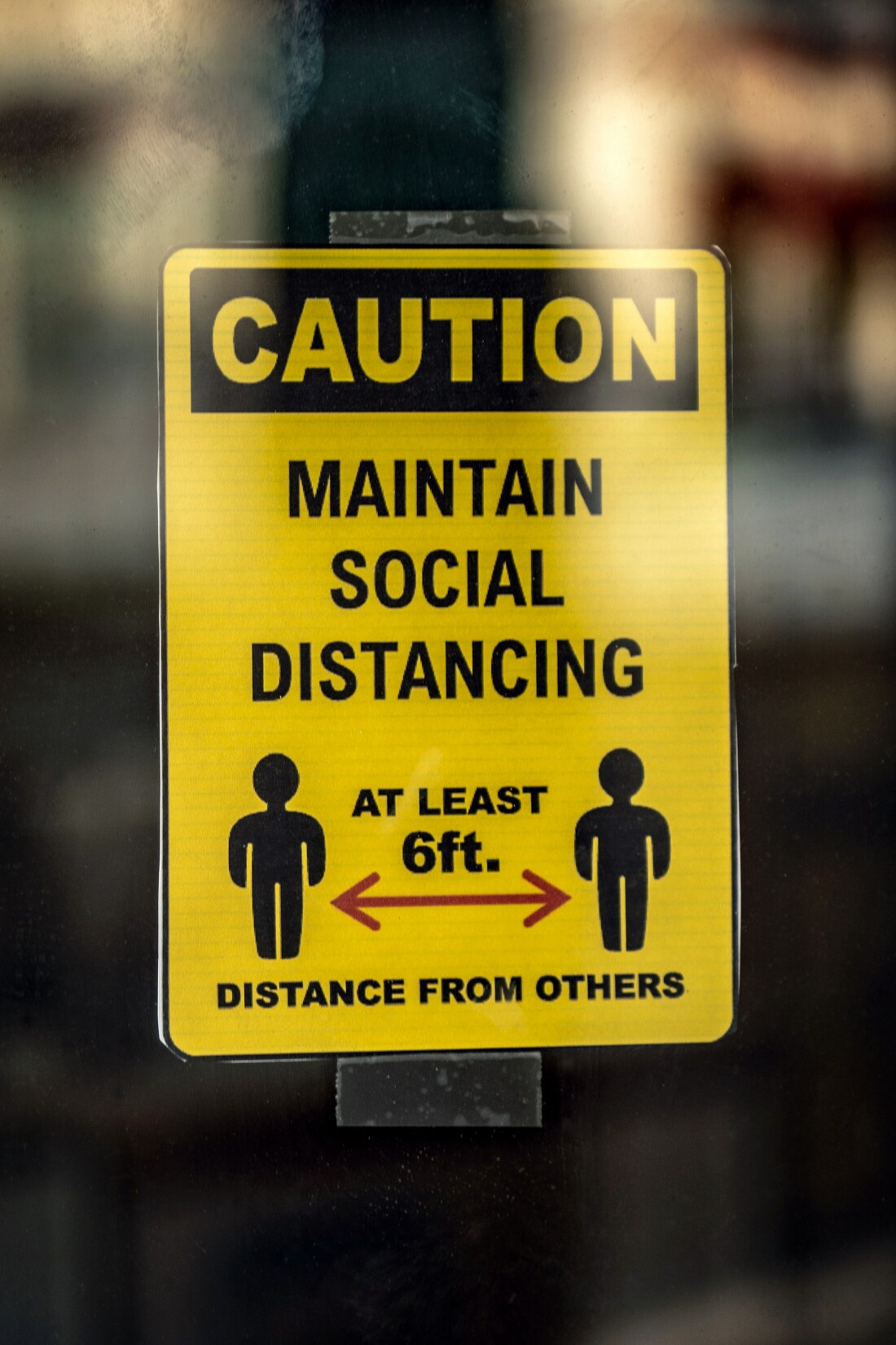Contact Us
Categories
- Compliance
- Disaster relief
- Income Tax
- Americans with Disabilities Act ("ADA")
- Main Street Lending Program
- Remote Work
- Web Content Accessibility Guidelines
- CARES Act
- Economic Injury Disaster Loan (EIDL)
- Payroll Protection Program (PPP)
- Coronavirus Aid, Relief and Economic Security Act
- COVID-19
- Small Business Administration (SBA)
- Liability Waivers
- Miller, as Next Friend of her Minor Child, E.M. v. House of Boom Kentucky, LLC
- Intangible Assets
- Taxation
- Tax consequences
- Community Banks
- Dodd-Frank Act
- SEC Crowdfunding Rules
- Corporate
- Diversity
- ERISA
- Judgment creditors
- Litigation
- Municipal Liability
- Consumer Debts
- Employment Law
- Entrepreneur
- Lenders
- Small Business
- Business Entities
- Equity Development
- Investment
- Mergers and Acquisitions
- Sales and Dissolutions
- Business Formation and Planning
- Closely Held Businesses
- Corporate and Business Tax
- Uncategorized
New Kentucky Law Protects Businesses from COVID-19 Liability
Kentucky recently joined a growing group of states who have passed measures to protect private businesses from coronavirus-related lawsuits. Senate Bill 5 cleared the Kentucky Senate in early March and the House soon thereafter. It became law on Monday, April 11, without the Governor’s signature.
 SB 5 shelters certain businesses from lawsuits related to “any injury or harm that allegedly occurred on or after the emergency was declared on March 6, 2020 and until the emergency declaration is withdrawn,” including actual or possible exposure to or contraction of COVID-19, services rendered to help curb the spread of COVID-19, and services performed that were outside the business’s normal operations that they undertook to limit the spread of COVID-19. This means, for example, a distillery that produced hand sanitizer during the shortage may not be liable for injuries arising from the use of the hand sanitizer, provided it was not purposely ineffectual. The affected claims are defined as any claim “arising from COVID-19” that occurred during the effective period of the emergency declaration and have a statute of limitations of one year.
SB 5 shelters certain businesses from lawsuits related to “any injury or harm that allegedly occurred on or after the emergency was declared on March 6, 2020 and until the emergency declaration is withdrawn,” including actual or possible exposure to or contraction of COVID-19, services rendered to help curb the spread of COVID-19, and services performed that were outside the business’s normal operations that they undertook to limit the spread of COVID-19. This means, for example, a distillery that produced hand sanitizer during the shortage may not be liable for injuries arising from the use of the hand sanitizer, provided it was not purposely ineffectual. The affected claims are defined as any claim “arising from COVID-19” that occurred during the effective period of the emergency declaration and have a statute of limitations of one year.
The new law breaks down this protection as to two classes of businesses or service providers. In one category, it strives to protect people and businesses that follow "any executive action to prevent the spread of COVID-19 during the COVID-19 declared emergency.” Presumably, failure to follow any of these government mandates would disqualify these service providers or businesses from liability protection, but the law is somewhat unclear.
Health care providers, grocery store workers, primary and secondary schools, mail services, financial institutions and other essential businesses and workers (a comprehensive list of which can be found on page 5 of the complete bill) fall into the second category of protection of businesses and service providers that receive governmental immunity as “agent[s] of the Commonwealth of Kentucky” under the new law, barring malicious, grossly negligent, and intentional misconduct. These “essential service providers” will not be liable for any COVID-related injuries under the bill’s broad protections, regardless of their efforts to follow executive orders and other government attempts to stem the tide of the pandemic.
 For employers, though, protections are not so liberating. The bill does not affect the applicability of KRS Chapter 338, which outlines employers’ responsibility to protect the health and safety of employees. Under these guidelines, an employee who contracted COVID-19 in the workplace may still have grounds for a lawsuit against an employer. COVID-19 workers’ compensation also remains unaltered. Liability is only affected for claims from customers, clients, or consumers.
For employers, though, protections are not so liberating. The bill does not affect the applicability of KRS Chapter 338, which outlines employers’ responsibility to protect the health and safety of employees. Under these guidelines, an employee who contracted COVID-19 in the workplace may still have grounds for a lawsuit against an employer. COVID-19 workers’ compensation also remains unaltered. Liability is only affected for claims from customers, clients, or consumers.
A coalition of Kentucky businesses, including big-name organizations such as Brown-Forman, the American Heart Association, a handful of County Chambers, the Kentucky Medical Association, Builder’s Association, Oil and Gas Association, School Boards Association and more, supported the bill. Supporters of the bill claim it will boost recovery for businesses who are struggling after a yearlong recession.
 Cynthia L. Effinger, Member with McBrayer, is located in the firm’s Louisville office. Ms. Effinger’s practice is concentrated in the areas of employment law and commercial litigation. Her employment law practice is focused on drafting employment manuals and policies, social media, wage and hour, non-compete agreements and workplace discrimination. Ms. Effinger can be reached at ceffinger@mcbrayerfirm.com or (502) 327-5400, ext. 2316.
Cynthia L. Effinger, Member with McBrayer, is located in the firm’s Louisville office. Ms. Effinger’s practice is concentrated in the areas of employment law and commercial litigation. Her employment law practice is focused on drafting employment manuals and policies, social media, wage and hour, non-compete agreements and workplace discrimination. Ms. Effinger can be reached at ceffinger@mcbrayerfirm.com or (502) 327-5400, ext. 2316. Claire M. Vujanovic, member with McBrayer, is located in the firm's Louisville office. Ms. Vujanovic's practice is concentrated in the areas of labor and employment law and includes NLRA compliance, drafting and reviewing employment manuals and policies, drafting severance, non-compete and employment agreements, and counseling clients related to overtime and wage and hour regulations, laws and claims and workplace discrimination. Ms. Vujanovic can be reached at cvujanovic@mcbrayerfirm.com or (502) 327-5400, ext. 2322.
Claire M. Vujanovic, member with McBrayer, is located in the firm's Louisville office. Ms. Vujanovic's practice is concentrated in the areas of labor and employment law and includes NLRA compliance, drafting and reviewing employment manuals and policies, drafting severance, non-compete and employment agreements, and counseling clients related to overtime and wage and hour regulations, laws and claims and workplace discrimination. Ms. Vujanovic can be reached at cvujanovic@mcbrayerfirm.com or (502) 327-5400, ext. 2322.
Services may be performed by others.
This article does not constitute legal advice.

